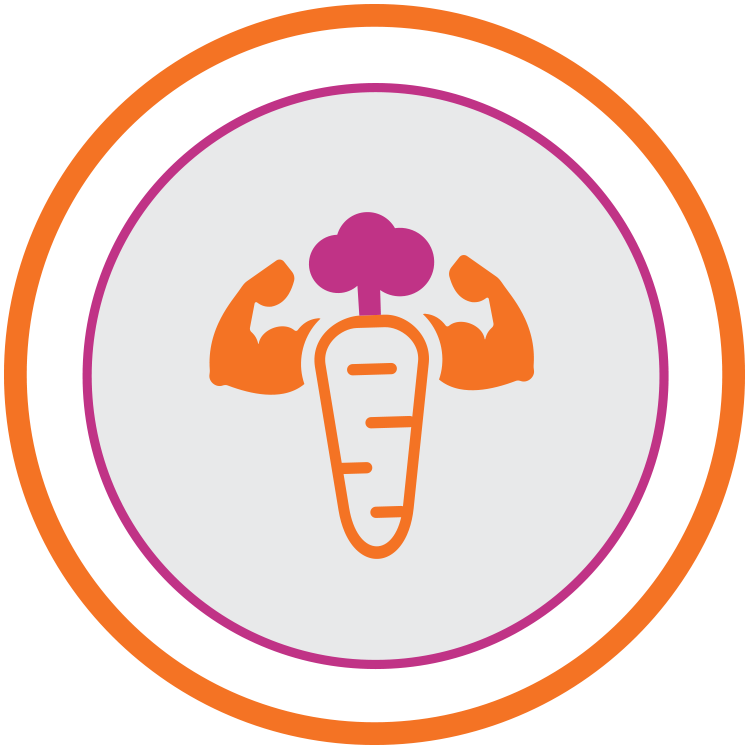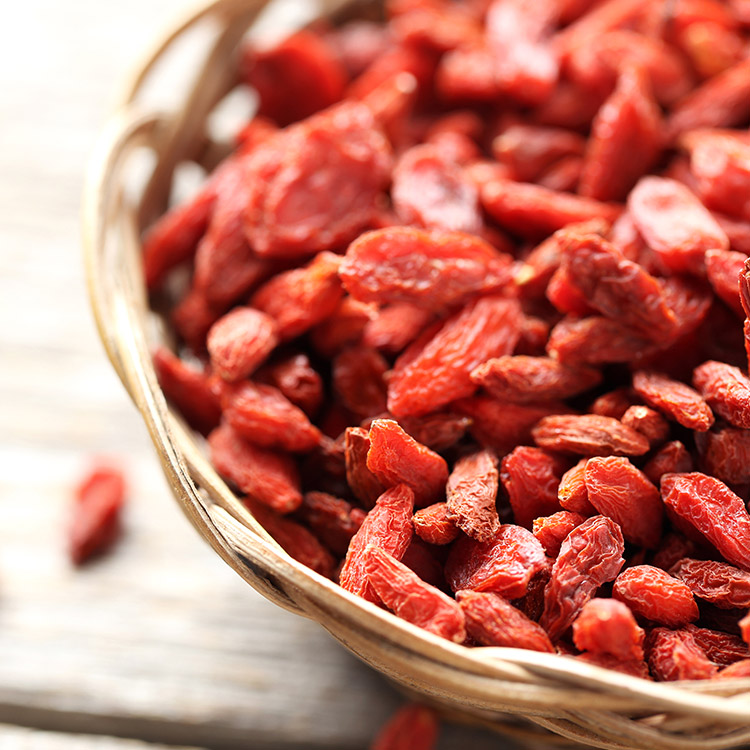As a transplant recipient, you will be on immune suppressing medication for the rest of your life. You may also be on other medications to control your blood pressure or blood thinners. While you are on these medicines you must be careful not to take any over the counter herbal or dietary supplements that have not been prescribed by or discussed with your transplant doctor.
Many over the counter diet supplements and herbal medicines can have interactions with your other prescription medications that can change or reduce the way they work. This may put your health at risk and even reduce the effectiveness of your immune suppressing medication, putting you at risk of rejection. In addition, many of these products are manufactured overseas and there are not good quality checks in place to prevent the risk of contamination with potentially dangerous ingredients.



Recent Comments